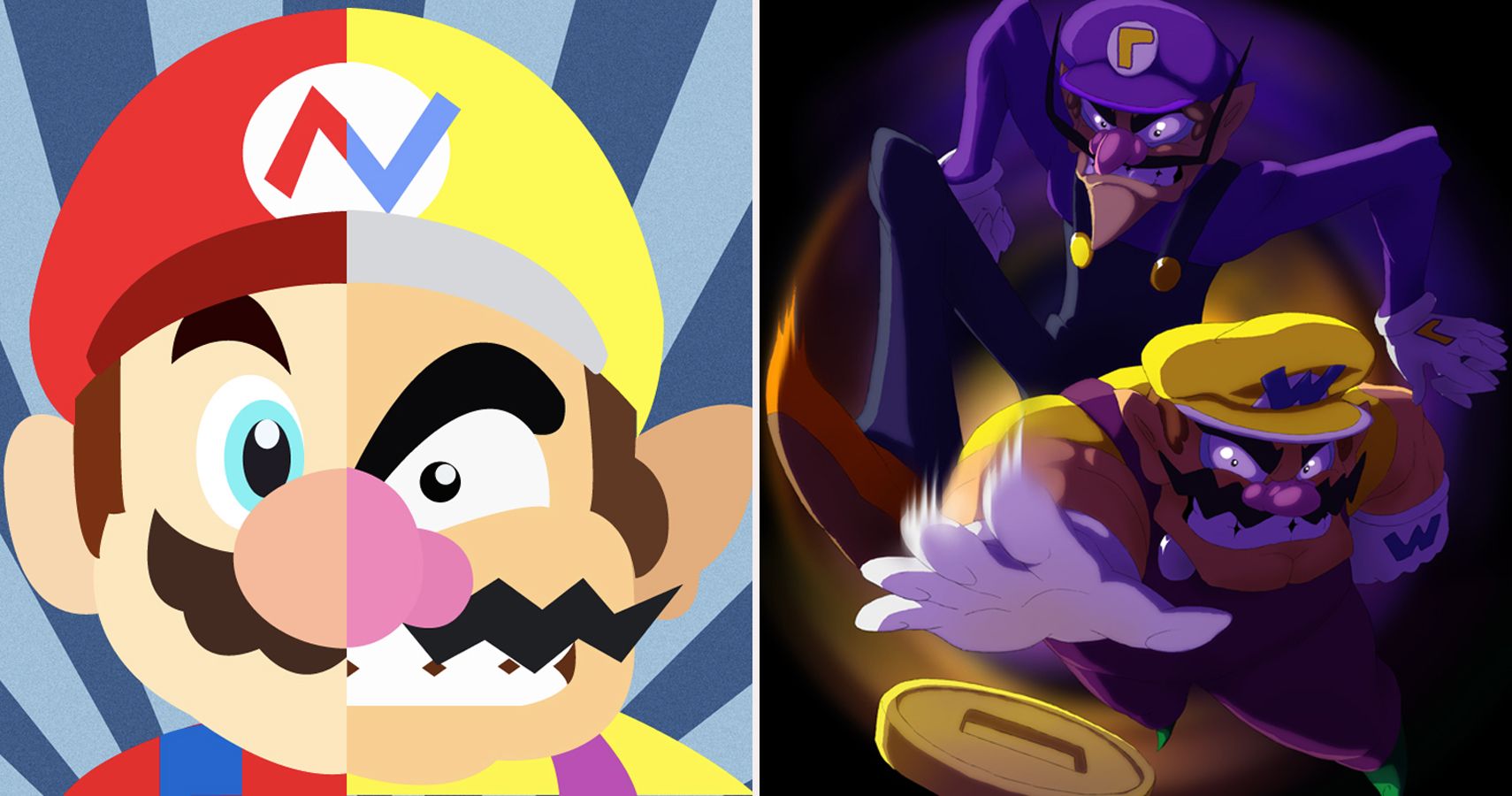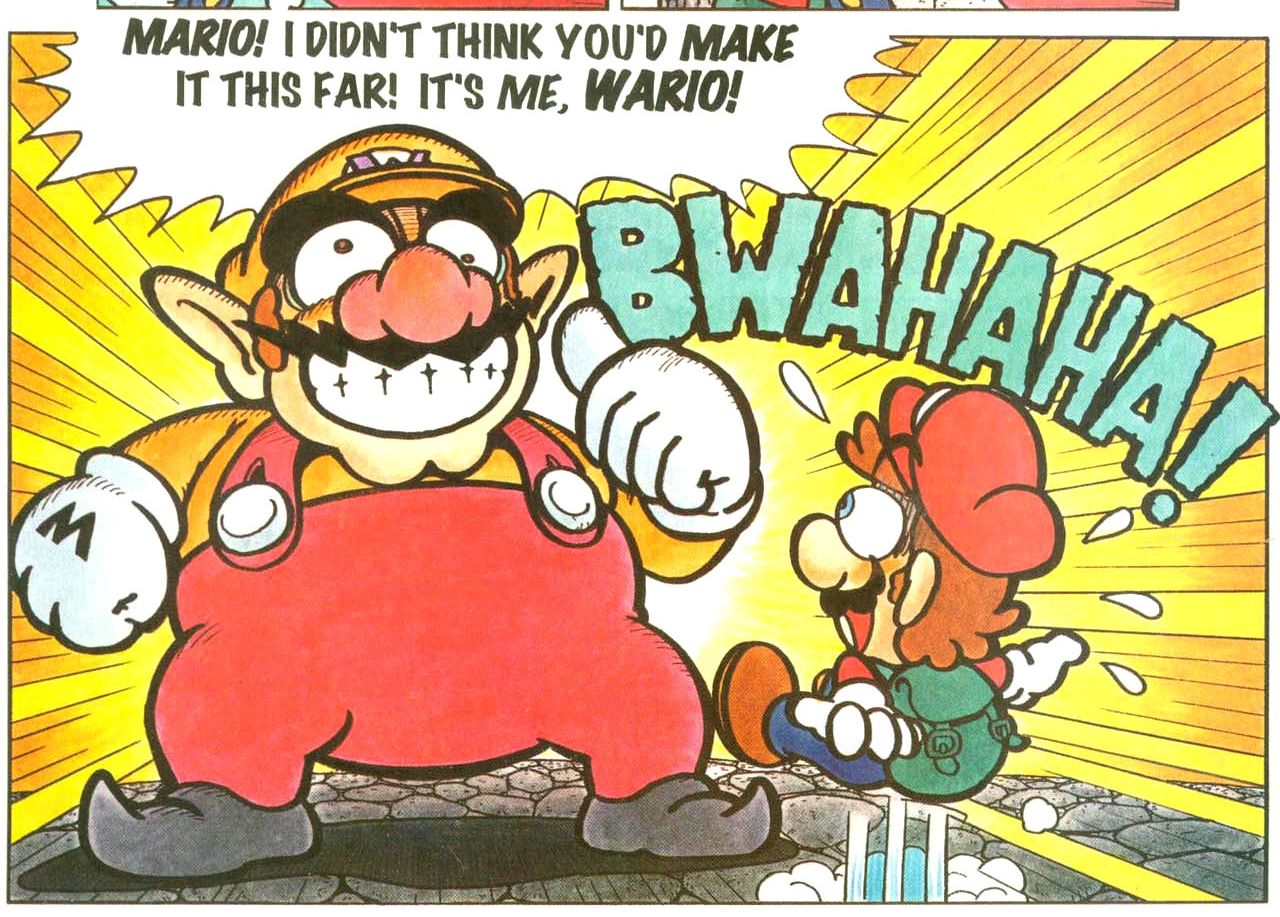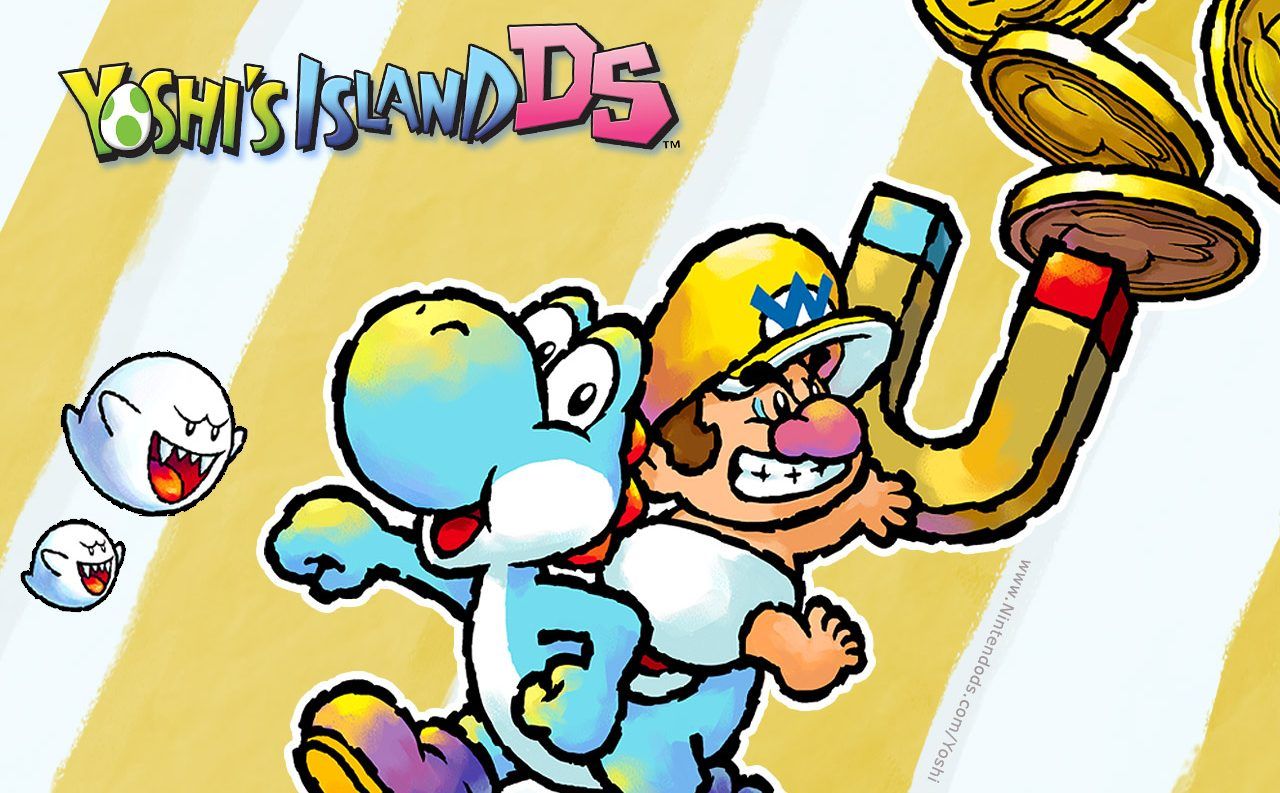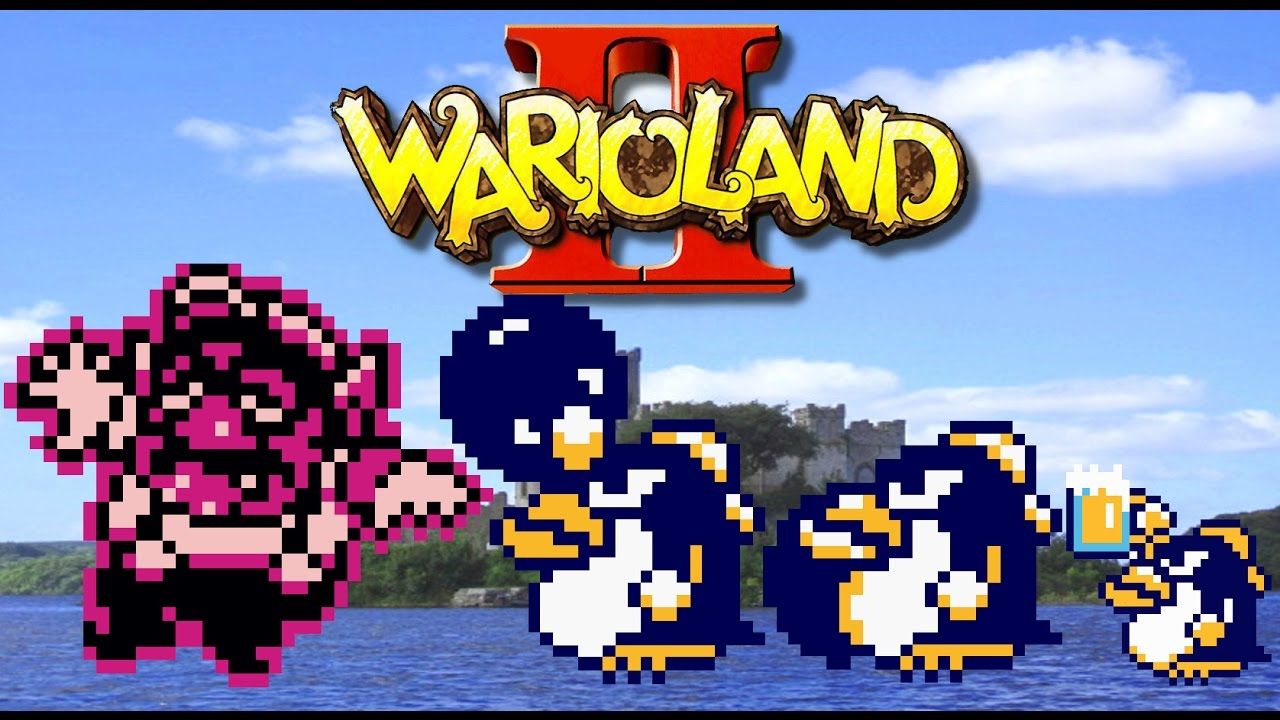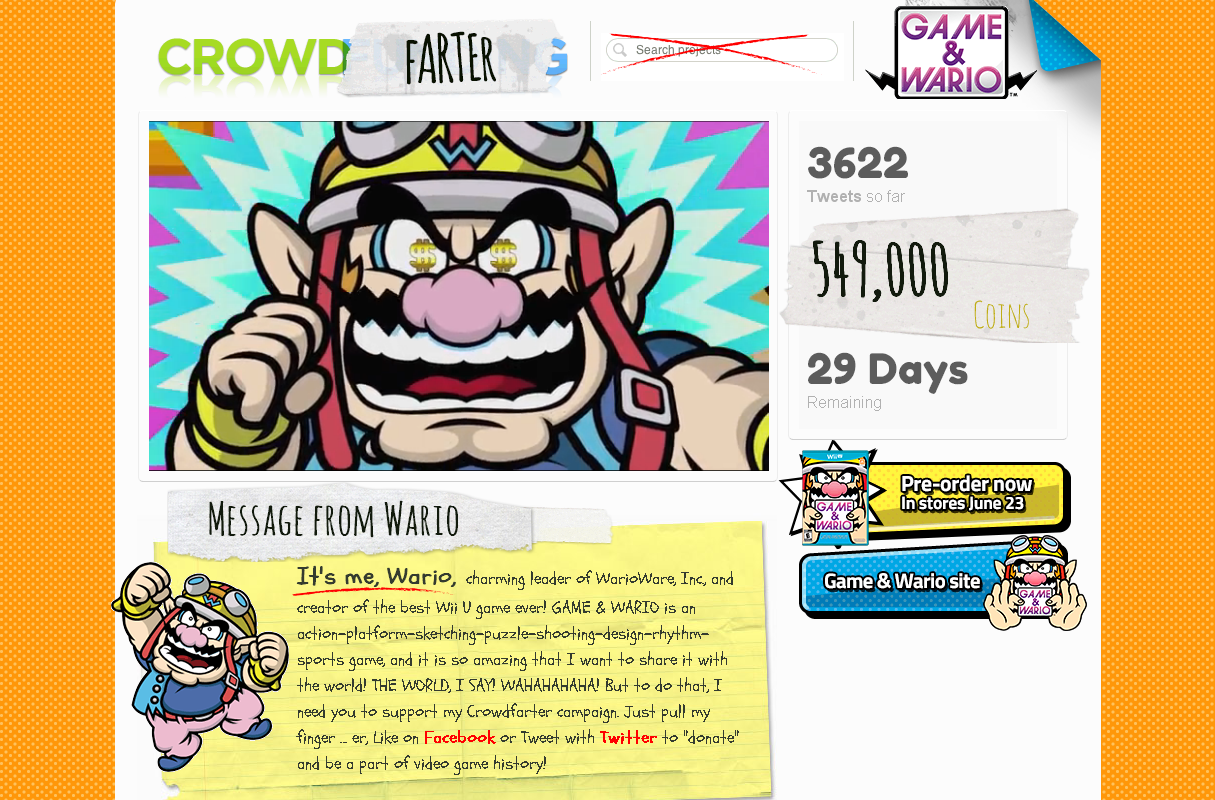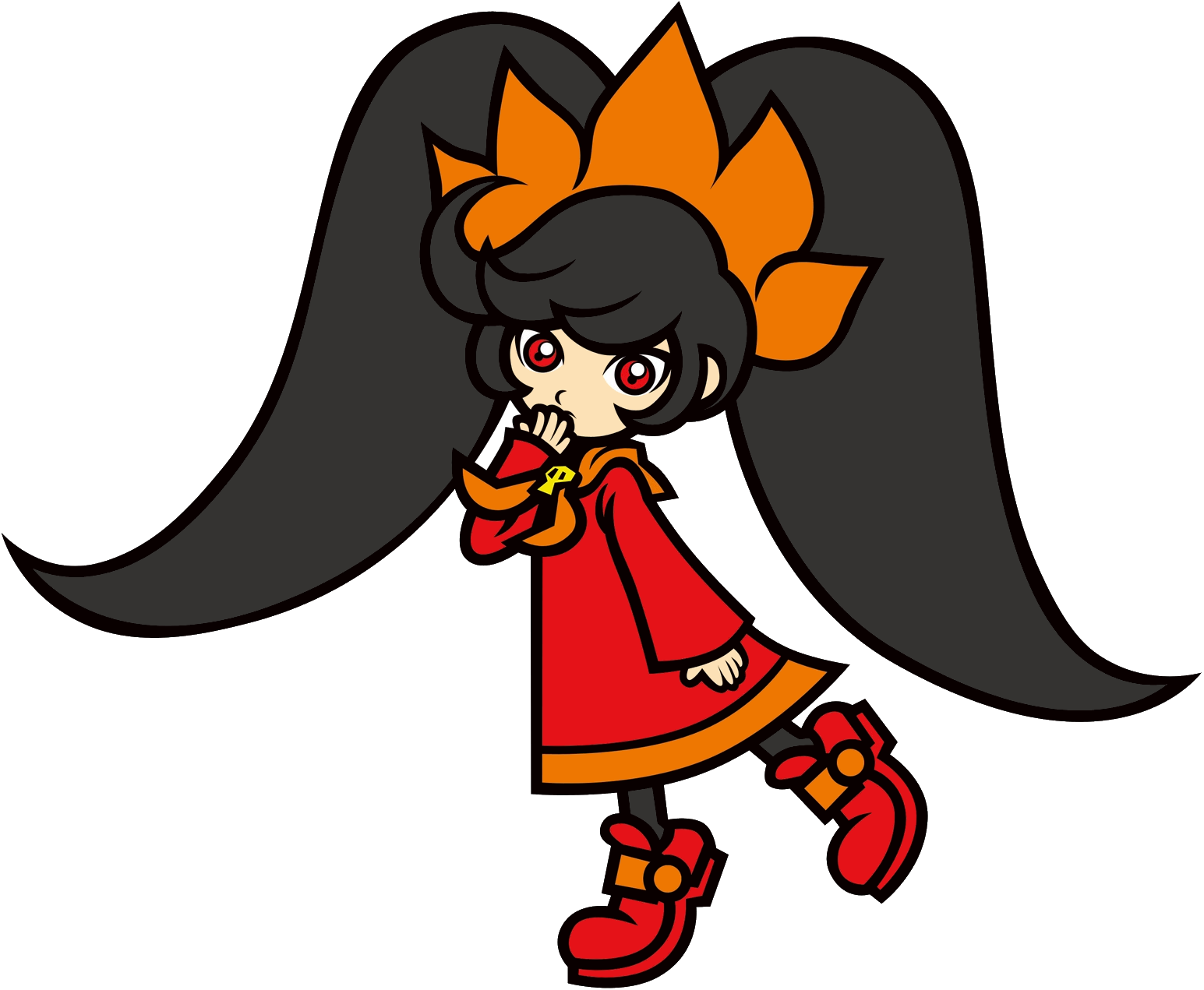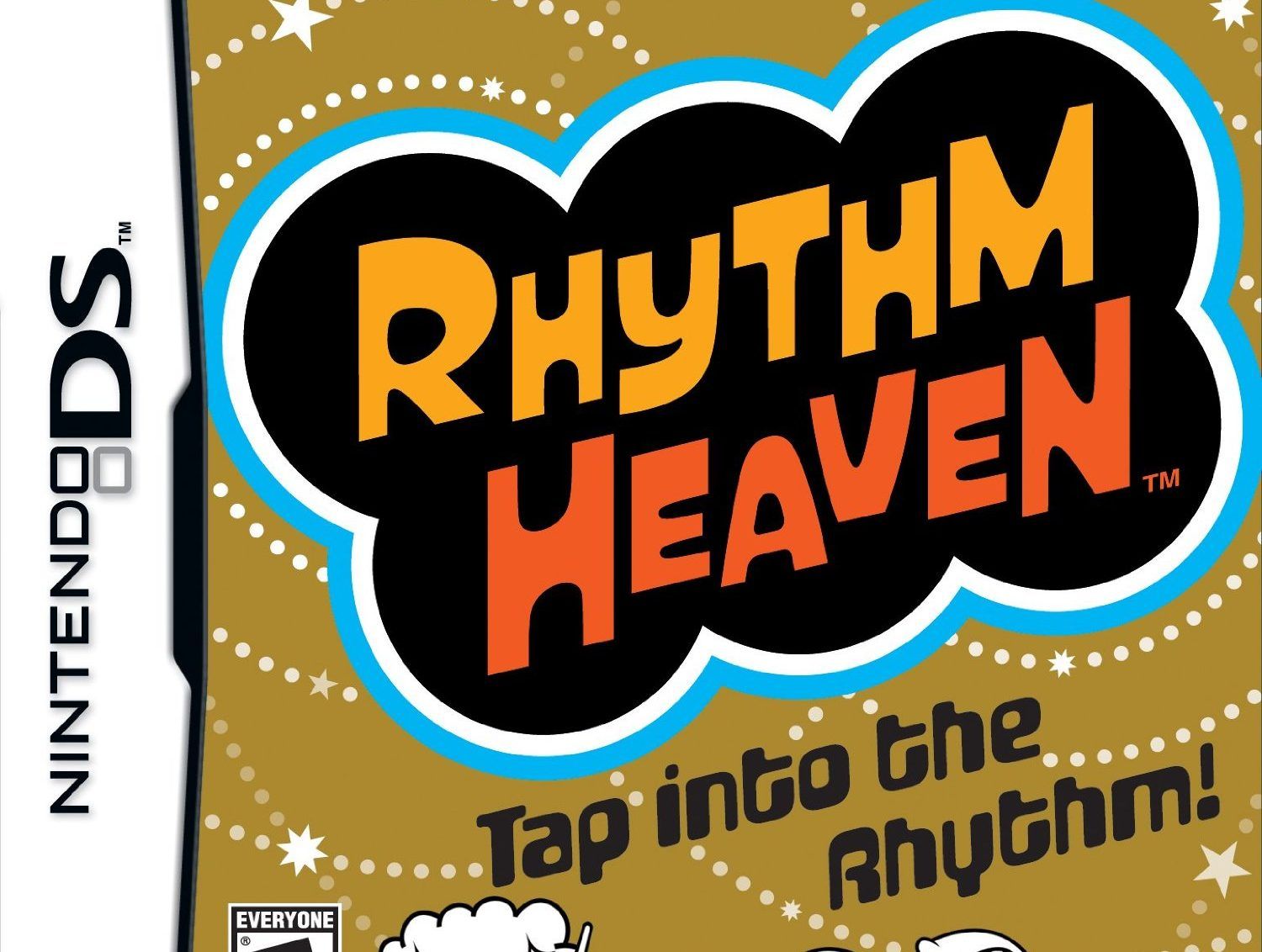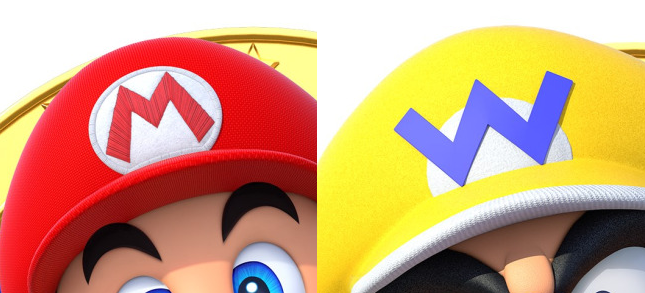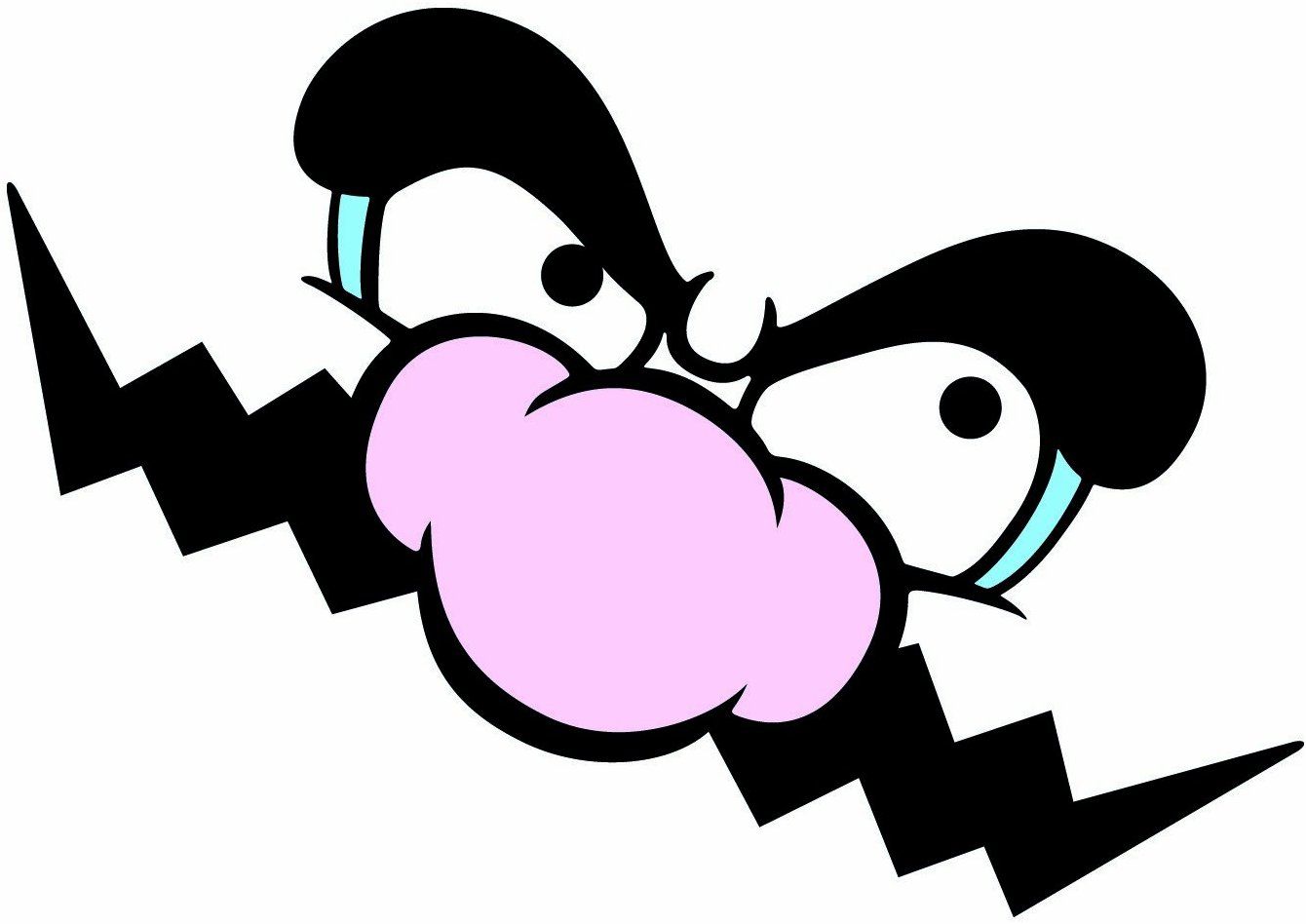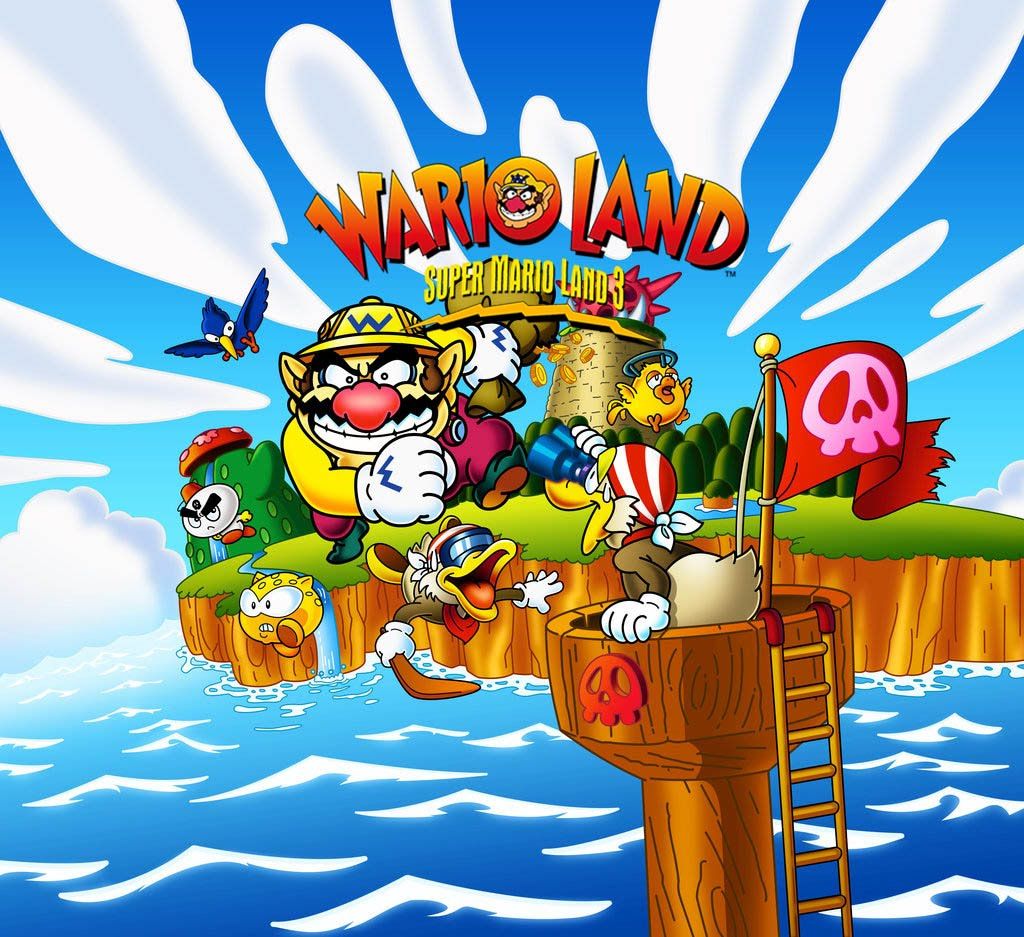For every hero, there is a foil. For every Popeye, there is a Bluto. For every Mickey Mouse, there is a Pete. And for every Mario, there is a Wario. Created by Hiroji Kiyotake, for the sequel to Super Mario Land 2, Super Mario Land 2: 6 Golden Coins, Wario has become an icon. A doppelgänger with a heart of gold, Wario is just as important as characters like Mario, Bowser, and Toad. Usually the more experimental of the two, you’ll often find him with either party games or micro minigames which he’s now become the poster boy too. But his side-scrolling platformers, with either a wacky sense of humor or just impressive technical feats, has been and will be the stuff of legends. With games and even his own line of merchandise, there's no way to escape the Mr. Moneybags of Nintendo. From villain to hero, to athlete and fighter, the man has done it all.
However, for every hero, there is a secret. And Wario is full of them. After all, how can a reflection of gaming’s most iconic characters not have a few skeletons (or loose coins) in his closet? From behind the scenes, to unknown marketing campaigns, and even a few Easter Eggs, here are the top 15 things you never knew about Wario.
12 Mario vs. Wario
While, yes, technically his first video game appearance came in Super Mario Land 2: 6 Golden Coins, his first appearance outside of video games in North America came from issue #44 of Nintendo Power: Mario vs. Wario. The premise was simple, Wario had sent a letter to Mario asking to “catch up on old times.” Instead, he had planned a trap for Mario, taking revenge on Mario for “bullying” him when he was a child. Apparently, the comic was so popular that they released a second comic: Mario vs. Wario: The Birthday Bash. In this storyline, Wario was invited to Princess Toadstool’s birthday party. The rest of the comic follows Wario trying to switch presents with Mario to make him look better.
11 “Get Off My Woods!”
Despite having his name on the cover, Wario's Woods did not star Wario. In fact, Wario just happens to be one of the main villains in the game. The star of the show and playable character is actually Toad. In the storyline, Toad has to stop Wario’s approaching army from taking over the woods. Wario's Woods feels and plays in the same vein as Tetris. However, instead of waiting for bricks to fall, the player uses Toad to pick up items and stack them to make a row. Birdo too makes an appearance within the game. There were also two endings to the game: on the NES, Toad just chases Wario out of the woods. In the SNES version, Toad actually takes things a bit further and plants a bomb in Wario’s castle, causing the palace to collapse along with Wario. Talk about going the extra step.
10 His Decade Late Backstory
While Mario Land 2: 6 Golden Coins, released in 1992, was considered his first appearance in video games, his back story wasn’t fully developed until Yoshi’s Island DS. In the game, players can find him abandoned in an undersea cave by Kamek, most likely due to a tantrum. Players can play the lovable scheming child for about five levels. He does make it to the last level to help stop Bowser though. Unfortunately, due to his size, he’s also one of the hardest to carry, making it difficult to cross gaps with. However, he does have some unique special abilities, one of which is grabbing coins and other metallic objects with his giant magnet. Not even out of his diapers and he already has his sights set on money.
9 Wario Land II's Beer
In Wario Land II, released on the Game Boy Color, there are certain effects that seem to defect when Wario is hit by an enemy. One of the most baffling effects regarded by players is when Wario gets hit with a ball that's thrown by a penguin. Afterward, his body turns into a sickly shade of purple as he staggers uncontrollably for a certain duration of time. Well, the main cause of this is the fact that what’s being thrown aren’t balls, but beer. In the uncensored Japanese version, the penguins would throw beer at Wario, making the uncontrollable staggering more sense. However, this effect was censored in North America to balls instead of beer. Kind of makes you think why they didn’t just add Root Beer.
The 30 Frames Needed In Wario Land: Shake It
[caption id="attachment_30649" align="alignnone" width="1024"]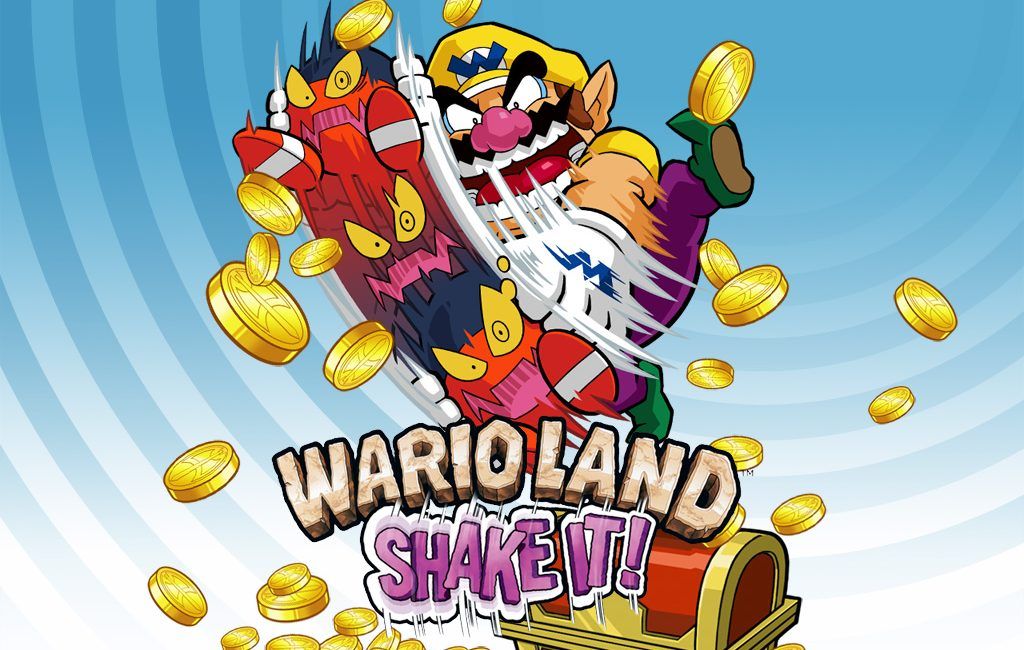 via ign.com[/caption]
via ign.com[/caption]
After a seven-year hiatus, Wario Land: Shake It! was released on the Wii. As for creating the game, producers, Takahiro Harada and Etsunobu Ebisu stated that they wanted to develop the “perfect 2D gaming platformer experience” and, in doing so, created hand-drawn animations for Wario’s movements. As it stands, none of the background, or any frame, was recycled during the process. A single movement would require 30 frames of animation. This, in turn, required 2,000 frames for Wario’s individual move set and a whopping 6,000 frames for the combined enemy move set. It got so technical that one of the designers, Kochi Yagi, said that “the scenery alone would have filled up the Nintendo GameCube.”
Stupidity Before Fame
[caption id="attachment_31519" align="alignnone" width="1033"]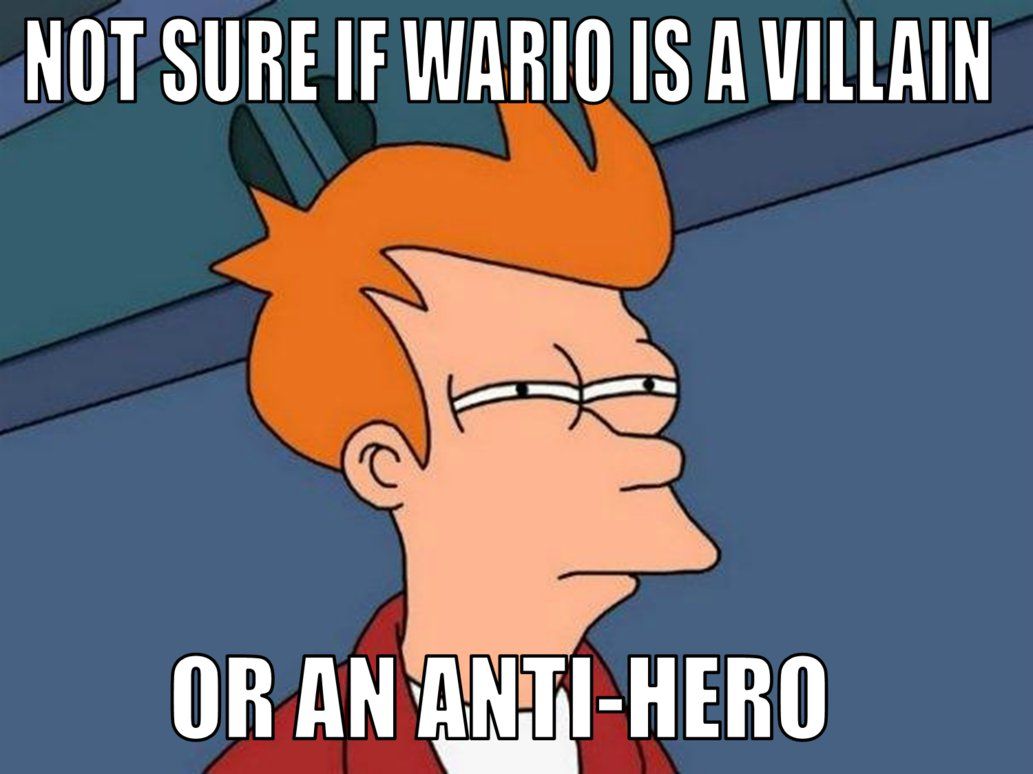 via pinterest.com[/caption]
via pinterest.com[/caption]
WarioWare was conceived by director Goro Abe, inspired by their previous title, Mario Artist: Polygon Studio. Aside from the main game, where players could create their own 3d polygon model, there were a couple of micro minigames that the player could play. Wanting to expand on the format, the creators set out to create a full game packed with “microgames” as a way to challenge the norm of the Nintendo game line and the brand itself. Why they chose Wario is pretty simple: he’s a moron. As producer Yoshio Sakamoto stated: “Wario is always doing stupid things and is really idiotic.” Backhanded compliment as it is, his stupidity added the sense of humor and charm to the series, making it a favorite for generations to come.
8 “CrowdFarter”
As a selling point to capitalize on the recent Kickstarter/Crowd Funding trend, while savagely parodying it, the team created a “CrowdFarter” campaign for the title Game and Wario. The “CrowdFarter” would allow you to donate Facebook likes and Twitter tweets towards the campaign’s goals of unlocking special content related to the game. In addition, the page went into great detail about the features, storyline, and characters that were related to the game. While it was considered a “success” (the game was already being built after the team was building unofficial WiiU minigames), some were not impressed with the campaign. As Kotaku writer Kirk Hamilton puts it: "I’m just saying. I’M JUST SAYING. If you’re going to call the promotional campaign for your game a ‘Crowdfarter’ …said promotional campaign had the best feature some actual flatulence.” Talk about splitting aces. Or, should I say, cheeses.
7 Microgaming Is The Root Of All Evil
After the success of the first title, Nintendo intended to release WarioWare: Twisted! on the Game Boy SP. However, the development team that was programming it was a completely different team. Unfortunately, the team wasn’t able to capture the sense of humor from the previous title, requiring producer Yoshio Sakamoto, to step in. While working on Twisted!, another team was developing Touched! simultaneously. With two teams, there were a couple of things overlooked, including a controversial unlockable song: Ashley’s Theme. Apparently, players could play the song like a record, allowing the players to sped up the song. According to some, when the record was spun fast enough, it would sing the phrase “I have granted kids to hell.” This controversy was soon put to bed as Nintendo denied these claims stating what is being heard is the syllables: “Eye of Grand This Kit Soo Pan.”
6 Rhythm Heaven Was Created By WarioWare’s Coder
Have you played a Rhythm Heaven game before and thought to yourself “Hmmm, this humor and format feel familiar?” Well, that’s because the designer of the Rhythm Heaven games, Kazuyoshi Osawa, had also worked on the WarioWare titles. While the original game, Rhythm Tengoku, was spawned from an idea that Tsunku had (a rhythm game that didn’t require visual cues, but rather audio), Tsunku handed the idea over to Nintendo, believing they could do a better job. Tsunku would still work as the game’s main composer for the continuing franchise. However, most of the game from its sequel, Rhythm Heaven, onwards was conceptualized and directed by Kazuyoshi Osawa. Along with programming most of the WarioWare franchise, Kazuyoshi was also the coder for the original Metroid titles.
The People Who Created Wario Created Metroid
[caption id="attachment_31523" align="alignnone" width="1280"]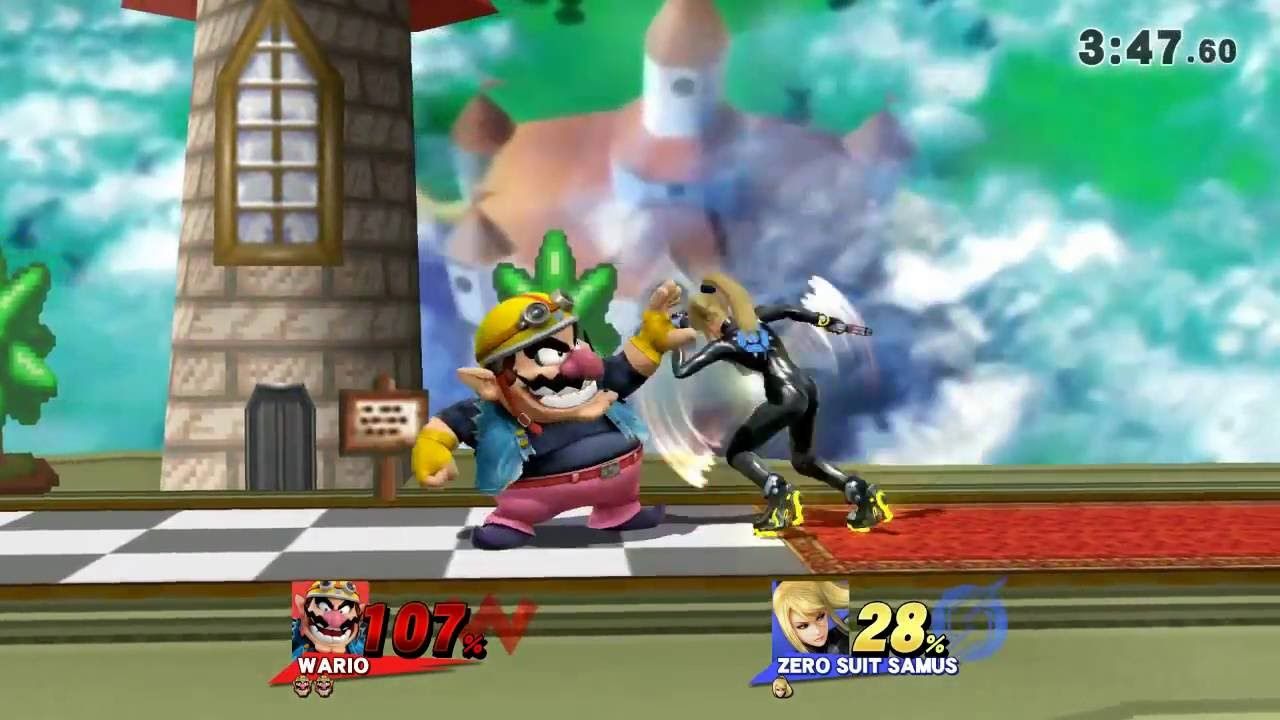 via youtube.com[/caption]
via youtube.com[/caption]
Speaking of coincidences, the same developers who created Super Mario Land 2: 6 Golden Coins, R&D1, are the same creators for Metroid and Kid Icarus. R&D1 was Nintendo’s oldest in-house development team, being founded all the way back in 1970. Many titles including Fire Emblem, Mario Bros., and even the original Donkey Kong were created by the team. Going for about a long three and a half decades, they were restructured by Satoru Iwata and became defunct in 2005. Many who worked for the team soon went on working at the Nintendo SPD department that succeeded the original development team. A lot of the developers and members are veterans of the Wario games, from Yoshio Sakamoto to Kazuyoshi Osawa. Now that’s what I call a valuable legacy.
5 His “Origins”
An opposite of Mario, Wario symbolizes all things gluttony and greed. What makes Wario different from the other “greedy symbols that are made to look like a franchise’s head” however, is that fact that Wario wasn’t really meant to represent anyone. Wario was created to be a change of pace from the Mario titles. Instead of Mario having to save someone, he would have take something of his own back. This made the perfect dichotomy between Mario and the early Wario. The creation of Wario was meant as a tribute to the dynamics of characters like Popeye and Bluto. It was also sprung from flipping Mario’s M cap to a W, which to the surprise of the creators, received a huge approval from the rest of the team. It was also created as a frustration within Nintendo R&D1 to work on another developer’s series.
4 Waluigi Isn’t His Brother
Contrary to both their character design and similar names, Wario and Waluigi aren’t actually related. While first appearing in Mario Tennis all the way back in 2000, Waluigi has not gotten a developed backstory since its release. While there seems to be a rivalry between him and Luigi, not much has been stated about Wario. However, while they’re not related, Waluigi is considered to be Wario’s partner in crime, who is seen to have no animosity towards him. And he has grown quite a popularity. Although usually reserved f , spin offs, particularly party and sports titles, a cult following has spurted around the thin twirling mustachio; spawning memes, fan art, and much more dedicated to Luigi’s mirror opposite. Time will tell when we'll get a year of Waluigi.
3 The Beginning Of The End
How can you tell that a Console is ending its life cycle? If there’s a Wario game coming out. Surprisingly, Wario titles have either landed at the beginning or the end of a console’s lifespan. For example, Wario Woods is supposedly the last NES title. It was also the first game to receive an ESRB rating. This is due to the fact that the Ratings Board hadn’t existed until 1994. The last first-party Nintendo game released on the Gameboy was Wario II. On the flip side, Wario Ware Touched, Snapped, and Smooth Moves were launch titles for the DS, DS Lite, and the Wii. So in case you wonder how long your console is going to last, double check and see when the next Wario game is going to be released.
2 Wario World Is The Only Wario 3D Platformer
Whereas Mario has several 3D platformers under his belt, Wario has only one. Wario World was developed as a spin-off of the Wario Land franchise in 2003. The game was then re-released in 2004 as a Player’s Choice Title. This game also uses game mechanics reminiscent of a beat-em-up game and even has one of WarioWare’s micro minigames as an unlockable, though to play it would require a Game Boy Advance. It also was Wario’s first starring appearance on a home game console, whereas most home game consoles, like Wario's Woods, would often star him as either a sidekick or straight up villain. Unlike previous titles, which were developed by Nintendo’s R&D1, Wario World was developed by Treasure, who’s other notable titles include Gunstar Heroes.
1 The New Mario
While starting his run as a villain, eventually Wario would replace Mario in the “Land” series and would continue with Wario Land: Super Mario Land 3. The title was considered to be the last of the Super Mario Land titles and the beginning of the Wario Land series. The series would follow suit with a slew of titles until a seven year long hiatus until Wario Land: Shake It! Without the series, and the popularity from it, we wouldn’t have WarioWare, neither would we have Waluigi, and a plethora of titles and characters so beloved to a generation. As a result, he has become as big and as important as his doppelgänger, shifting from a one-note villain into one of the most lovable foils in gaming history.

